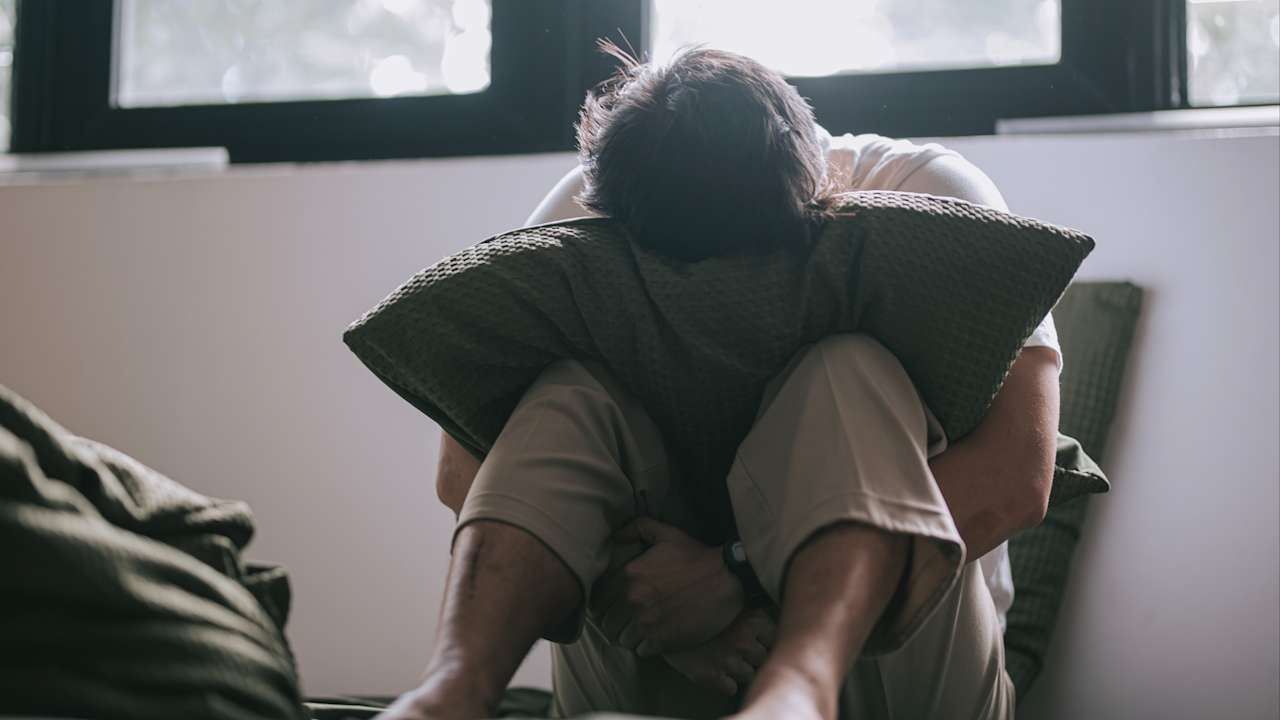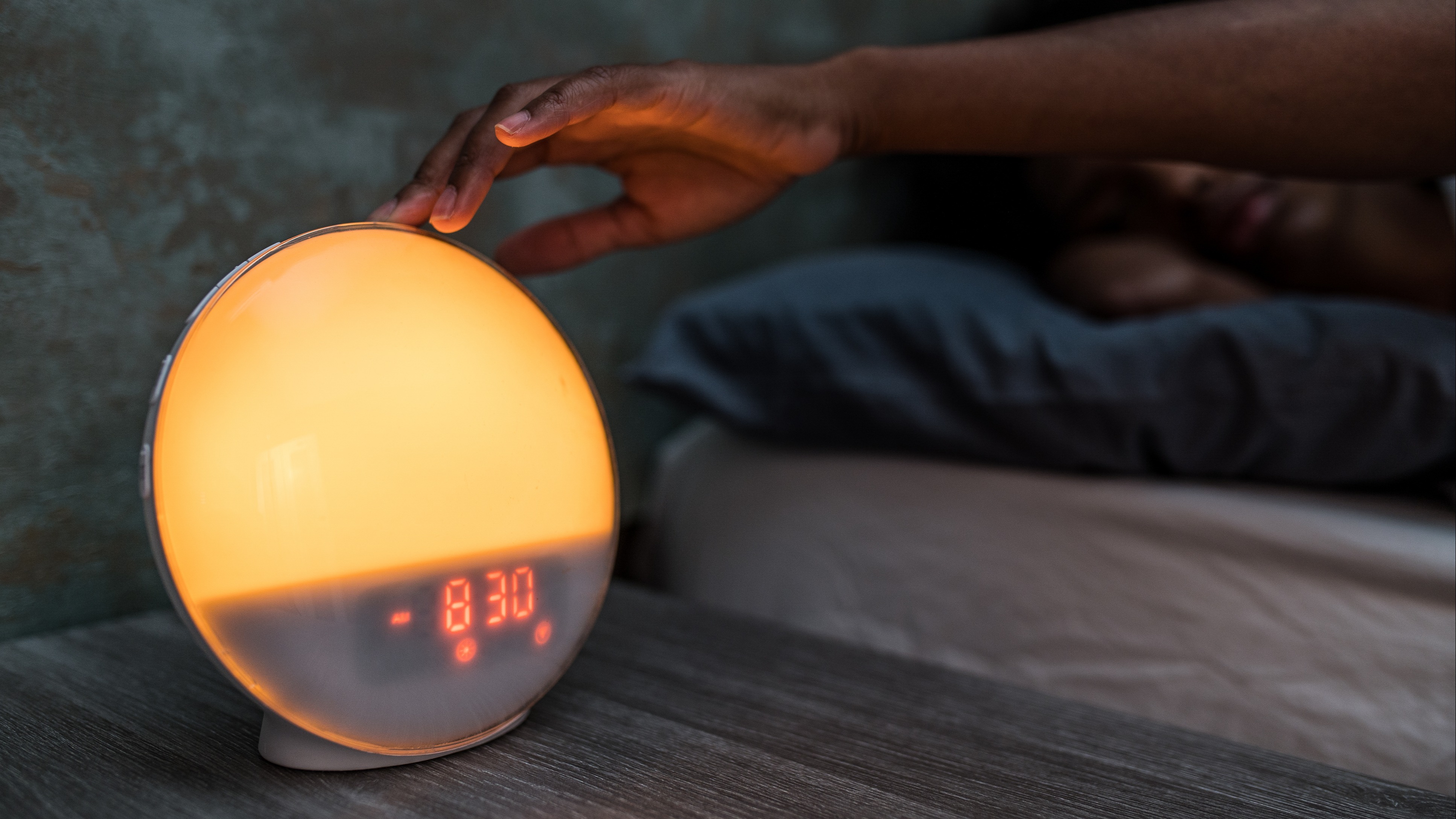The clocks go back this Sunday, bringing shorter, darker days, longer nights, a new time zone and, for some, an extra hour of sleep.
Although meteorological winter does not officially start until December 1, the changing of the clocks can herald the start of the “winter blues”, as daylight hours dwindle.
The changing of the clocks has been an annual event practised for over a century, but why? And how can you manage symptoms of SAD?
When will the clocks turn back?
The clocks will go back by an hour at 2am on Sunday, October 26.
Everyone will gain an hour when clocks go backwards, and we lose an hour when they move forward again in the spring.
The phrase “spring forward, fall back” is used to remember that clocks go forward an hour in the spring and back in the autumn.
As the clocks change, so does our time zone. After spending the last few months in British Summer Time (BST), the UK will move into Greenwich Mean Time.
It is also known as moving from Daylight Saving Time to Daylight Standard Time.
Most devices with internet connection, such as smartphones, should automatically update the time, but analogue clocks, and clocks in cars and kitchens may not change automatically, so be prepared to turn these back.
How much darker will it get?
Changing the clocks will mean an hour of sunlight moves from the evenings to the mornings, with sunrises and sunsets occurring an hour earlier.
For the UK, sunrise will change from roughly 8am to 7am, and sunset will change from between around 5:20pm and 6:10pm, to between 4:20pm and 5:10pm.
The further north you are based, the earlier the sun will set. From Sunday onwards, the sunset will continue to get earlier and earlier as we head into winter – meaning days will get shorter and darker.
This will build up to the darkest day of the year, the winter solstice on December 21.
For the Isle of Unst, the UK’s most northerly inhabited island, December 21 will see the sunrise at 9:13am and the sunset as early as 2:50pm, meaning Unst residents will only see 5 hours and 37 minutes of daylight.

Why do the clocks go back at the weekend?
The decision to change the clocks on a Saturday night and Sunday morning was made to minimise disruption to schools and businesses.
Why do some people say Daylight Saving should be scrapped?
Some have argued that changing the clocks disrupts the natural rhythm of our sleep, which can cause health problems.
The lack of sunlight in the winter months can lead to potential vitamin D deficiency and trigger mental health problems such as seasonal depression.
Experts have also warned that changing the clocks can cause anxiety, upset stomachs and confusion for pets.
The British Sleep Society has called on the UK government to scrap the twice-yearly clock changes, due to research that shows clock changes affect people’s circadian rhythms and sleep. The body argues that the UK should use Standard Time throughout the year.
Why do I feel so tired all the time in Winter?
The NHS says many people feel tired and sluggish during the colder and darker months.
As the days become shorter, your sleep cycles can become disrupted. The lack of sunlight can also trigger your brain to produce more of a hormone called melatonin, which makes you sleepy.
The NHS recommends letting in as much sunlight as possible by opening your curtains and blinds as soon as you wake up. Ensuring you have good sleep hygiene, a balanced diet and exercise regularly can also help with winter sleepiness.
For some people, the lack of sunlight can trigger “winter depression”, also known as Seasonal Affective Disorder (SAD)
Symptoms of SAD can include a persistent low mood, irritability, feeling unusually tired, difficulty concentrating and feelings of despair.

The exact cause of SAD is not fully understood, but it is often linked to reduced exposure to sunlight, which could affect the production of important hormones in the brain.
Some people can also get SAD in the summer, and find that autumn and winter are the times their symptoms are relieved.
You can speak to your GP if you think you suffer from SAD, who can discuss treatment options. Common treatments include lifestyle measures like increasing exposure to sunlight and exercising regularly.
Some people can also benefit from light therapy using a special lamp, which mimics sunlight, talking therapies, or antidepressants.
Residents of Orkney, off the north coast of mainland Scotland, will receive a ‘Wintering Well’ box when the clocks go back, as part of a pilot to help with low mood in the winter months.
The boxes contain a therapeutic lamp, along with a guidebook on simple indoor and outdoor activities which can help develop a better winter routine. Included inside are also free online courses on the effects of SAD.
The boxes are part of the Universities of Glasgow and Edinburgh’s Wintering Well programme.
Follow STV News on WhatsApp
Scan the QR code on your mobile device for all the latest news from around the country






























